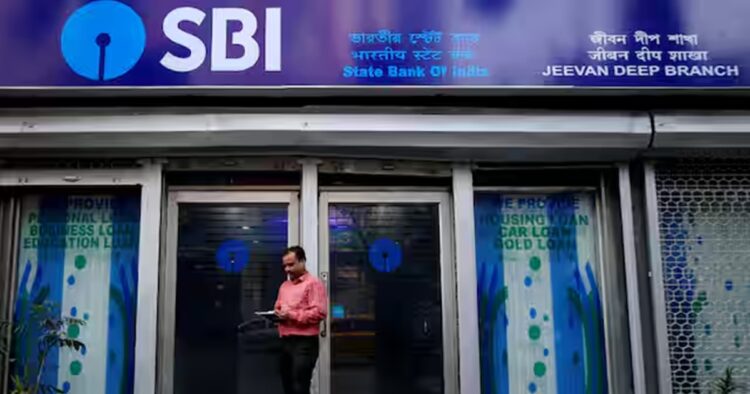The State Bank of India (SBI) has followed court directives by submitting a compliance affidavit in the electoral bonds case. This action comes a day after sending all electoral bond details to the Election Commission, as mandated by the Supreme Court. In the affidavit, SBI disclosed information regarding the purchase and redemption of electoral bonds until February 15, 2024.
Electoral Bond Transactions Revealed
According to SBI’s data, between April 1 and April 11, 2019, a total of 3,346 electoral bonds were purchased, with 1,609 bonds redeemed during the same period. Subsequently, from April 12, 2019, until February 15, 2024, there were 18,871 electoral bonds purchased and 20,421 redeemed.
Data Submission Details
SBI provided the electoral bonds data to the Election Commission via a pen drive containing two password-protected PDF files. The passwords were enclosed in a separate envelope, ensuring secure transfer of sensitive information.
The Supreme Court, in a five-judge bench led by Chief Justice DY Chandrachud, questioned SBI’s actions over the past 26 days, emphasizing the need for transparency. The court dismissed SBI’s plea for an extension until June 30, urging the bank to promptly fulfill its obligations.
This development follows the Supreme Court’s landmark ruling declaring electoral bonds as ‘unconstitutional’ and violative of the right to information under Article 19(1)(a). The electoral bonds scheme, introduced by the Centre on January 2, 2018, aimed to replace cash donations to political parties, enhancing transparency in political funding. The first sale of electoral bonds took place in March 2018.
With the submission of electoral bond details to the Election Commission, SBI has complied with court orders, shedding light on the purchase and redemption of these bonds. The court’s scrutiny underscores the importance of transparency and accountability in political financing, shaping the future landscape of electoral funding in Bharat.

















Comments